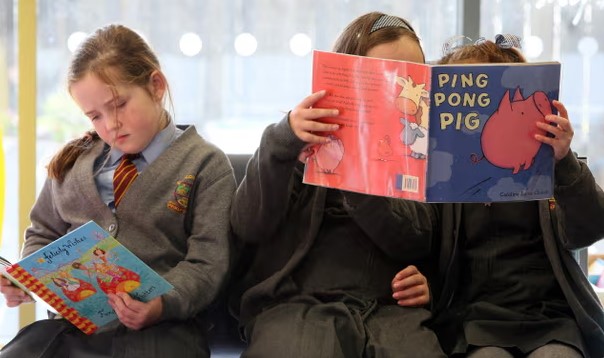Lack of support for early years language and communication development is leading to a “literacy crisis” that could be costing the economy £830m for each school year group, according to new research.
The report, led by Pro Bono Economics (PBE) and commissioned by KPMG UK in collaboration with the National Literacy Trust (NLT), also found that there are about 106,000 five-year-old children in England each year who are not currently meeting the expected standard for literacy but could with adequate support.
PBE estimated the long-term cost of insufficient literacy skills to be £7,800 per child on average. This includes a £5,300 loss in potential lifetime earnings as well as £2,500 in additional education, social and welfare spending and lower tax revenue per child. This means that the government will lose an estimated £270m per year group in increased spending and lower tax revenue.
Two-fifths of the 106,000 children who could have been meeting expected literacy standards with the right support live in deprived areas. “We know that experiencing poverty has a huge effect on a child’s early communication, language and literacy skills, and that this will have consequences for their learning, their confidence, their wellbeing, and their ability to thrive for the rest of their lives,” said NLT CEO, Jonathan Douglas.
The publication of the report coincides with the launch of an NLT campaign, Early Words Matter, which will offer support to 250,000 children in areas worst-hit by the cost of living crisis and call on the government and businesses to invest in high-quality early childhood education. The PBE research “confirms the dire need for immediate intervention”, said Douglas, adding that the new campaign “will get to the heart of the problem by working directly with the communities and families that need our help the most”.


